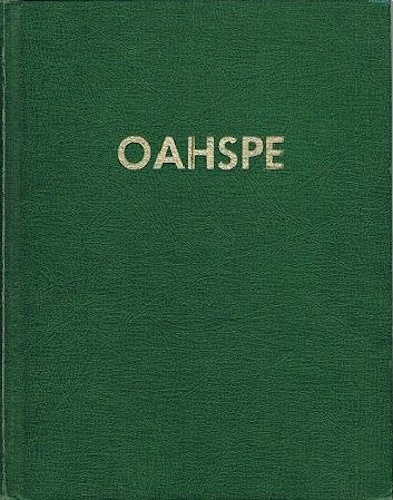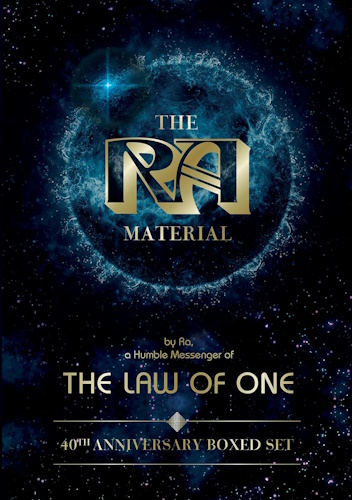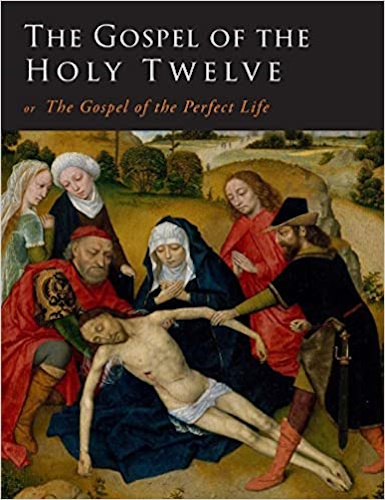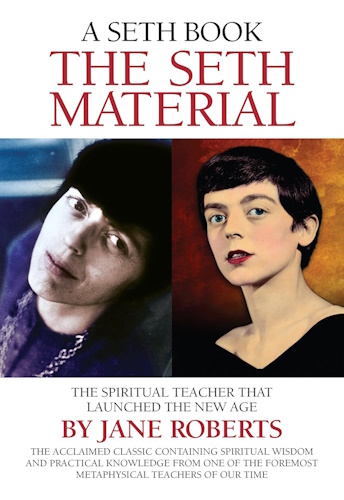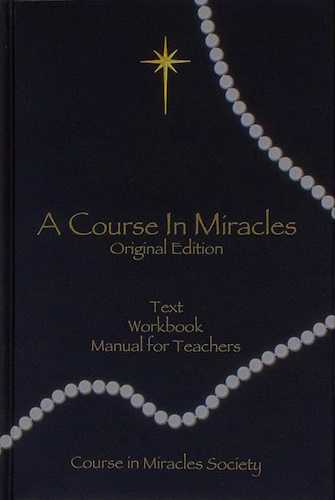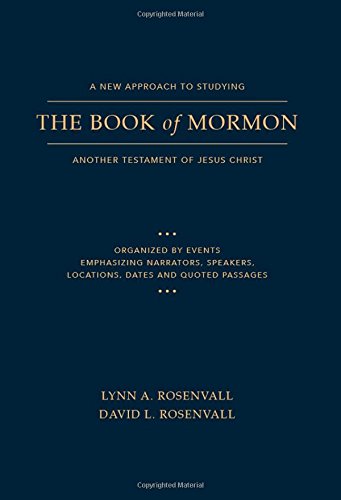
![]()
![]()
BOOK OF JEHOVIH'S KINGDOM ON EARTH,
Chapter XX
1. AND there volunteered, and went out of Shalam, two hundred adults and more than three hundred children, of whom more than a hundred were infants.
2. And they went into another part of the country, and came to a place called Busiris, which was unoccupied. And they purchased the country there, and settled, and called the colony Illaem, signifying, healing waters, for there were mineral springs on the place, said to contain great virtue in healing the sick.
3. Now, in a similar manner to Shalam, so did Illaem, building and improving the place. But the people of Illaem had less hardship, for they drew supplies and assistance from Shalam.
4. Nevertheless, they had also many hardships and trials, for several years.
5. And Jehovih prospered Illaem also; so that it came to pass, that it was established in great perfection.
6. As to Shalam, after the first swarm departed, the inhabitants sent back to Uz, of their women, whose allotment it was, and collected yet more infants, castaways and orphans, and brought them to Shalam, and raised them in the same way.
7. From this time onward, every year, a goodly number reached the age of fourteen, and they were also liberated from infancy, and admitted as brothers and sisters. And, nearly every year, a swarm departed out of Shalam.
8. In addition to the infants admitted into Shalam, there were also admitted many adults. But these were examined after the same manner as were those at the first founding of Shalam.
9. And none were accepted save those, who were Faithists in the All Person, Jehovih, and who were willing to work.
10. But there came many of the poor of Uz, seeking membership for charity's sake.
11. But none of them were admitted. Jehovih had said: The laborers, in establishing My kingdom, shall not do
p. 828
for charity's sake. Their labor shall be to provide a way to prevent poverty, not to alleviate it. Behold, I will have a new race of people in the world, and they shall not waste their substance on those that deny Me.
12. But the poor were fed and sent on their way.
13. Now, it happened that many lazy people from Uz, having heard of the beauty and peace in Shalam, sought also to become members, being willing to make any covenant and to swear any oath, for sake of living in idleness.
14. But the Light of Jehovih had also made this matter clear; so that they were suffered to remain a while in Shalam at work, and to attend the schools of discipline, that they might be judged; and, if found worthy, they were admitted, but if unworthy, they were rejected.
15. But it came to pass, that many who came with no thought of self-resurrection, but came for a home, to be cared for by others, were entirely changed in their habits in a few months, being converted in truth from worthlessness to industry and self-improvement.
16. And many of these became zealous in purification and in good works, even above the average.
17. But nearly all who applied for admittance were poor, or misfortunate, or discouraged with life, and with the ways of the world in particular.
18. Neither came many who were rich; hence the saying, the difficulty for a rich man to enter the kingdom of heaven.
19. For, having corporeal comforts, they took little concern as to the spirit, and especially as to affiliation.
-
Urantia Book, 44:0.11 - The Celestial Artisans
Never in your long ascendancy will you lose the power to recognize your associates of former existences. Always, as you ascend inward in the scale of life, will you retain the ability to recognize and fraternize with the fellow beings of your previous and lower levels of experience. Each new translation or resurrection will add one more group of spirit beings to your vision range without in the least depriving you of the ability to recognize your friends and fellows of former estates.
-
Princess Bride 1987 Wallace Shawn (Vizzini) and Mandy Patinkin (Inigo Montoya)
Vizzini: HE DIDN'T FALL? INCONCEIVABLE.
Inigo Montoya: You keep using that word. I do not think it means what you think it means. -
Urantia Book, 117:4.14 - The Finite God
And here is mystery: The more closely man approaches God through love, the greater the reality -- actuality -- of that man. The more man withdraws from God, the more nearly he approaches nonreality -- cessation of existence. When man consecrates his will to the doing of the Father's will, when man gives God all that he has, then does God make that man more than he is.
-
Urantia Book, 167:7.4 - The Talk About Angels
"And do you not remember that I said to you once before that, if you had your spiritual eyes anointed, you would then see the heavens opened and behold the angels of God ascending and descending? It is by the ministry of the angels that one world may be kept in touch with other worlds, for have I not repeatedly told you that I have other sheep not of this fold?"
-
Urantia Book, Foreword - 0:12.12 - The Trinities
But we know that there dwells within the human mind a fragment of God, and that there sojourns with the human soul the Spirit of Truth; and we further know that these spirit forces conspire to enable material man to grasp the reality of spiritual values and to comprehend the philosophy of universe meanings. But even more certainly we know that these spirits of the Divine Presence are able to assist man in the spiritual appropriation of all truth contributory to the enhancement of the ever-progressing reality of personal religious experience—God-consciousness.
-
Urantia Book, 1:4.3 - The Mystery Of God
When you are through down here, when your course has been run in temporary form on earth, when your trial trip in the flesh is finished, when the dust that composes the mortal tabernacle "returns to the earth whence it came"; then, it is revealed, the indwelling "Spirit shall return to God who gave it." There sojourns within each moral being of this planet a fragment of God, a part and parcel of divinity. It is not yet yours by right of possession, but it is designedly intended to be one with you if you survive the mortal existence.
-
Urantia Book, 1:4.1 - The Mystery Of God
And the greatest of all the unfathomable mysteries of God is the phenomenon of the divine indwelling of mortal minds. The manner in which the Universal Father sojourns with the creatures of time is the most profound of all universe mysteries; the divine presence in the mind of man is the mystery of mysteries.
-
Urantia Book, 1:4.6 - The Mystery Of God
To every spirit being and to every mortal creature in every sphere and on every world of the universe of universes, the Universal Father reveals all of his gracious and divine self that can be discerned or comprehended by such spirit beings and by such mortal creatures. God is no respecter of persons, either spiritual or material. The divine presence which any child of the universe enjoys at any given moment is limited only by the capacity of such a creature to receive and to discern the spirit actualities of the supermaterial world.
-
Urantia Book, 11:0.1 - The Eternal Isle Of Paradise
Paradise is the eternal center of the universe of universes and the abiding place of the Universal Father, the Eternal Son, the Infinite Spirit, and their divine co-ordinates and associates. This central Isle is the most gigantic organized body of cosmic reality in all the master universe. Paradise is a material sphere as well as a spiritual abode. All of the intelligent creation of the Universal Father is domiciled on material abodes; hence must the absolute controlling center also be material, literal. And again it should be reiterated that spirit things and spiritual beings are real.
-
Urantia Book, 50:6.4 - Planetary Culture
Culture presupposes quality of mind; culture cannot be enhanced unless mind is elevated. Superior intellect will seek a noble culture and find some way to attain such a goal. Inferior minds will spurn the highest culture even when presented to them ready-made.
-
Urantia Book, 54:1.6 - True And False Liberty
True liberty is the associate of genuine self-respect; false liberty is the consort of self-admiration. True liberty is the fruit of self-control; false liberty, the assumption of self-assertion. Self-control leads to altruistic service; self-admiration tends towards the exploitation of others for the selfish aggrandizement of such a mistaken individual as is willing to sacrifice righteous attainment for the sake of possessing unjust power over his fellow beings.
-
Urantia Book, 54:1.9 - True And False Liberty
How dare the self-willed creature encroach upon the rights of his fellows in the name of personal liberty when the Supreme Rulers of the universe stand back in merciful respect for these prerogatives of will and potentials of personality! No being, in the exercise of his supposed personal liberty, has a right to deprive any other being of those privileges of existence conferred by the Creators and duly respected by all their loyal associates, subordinates, and subjects.
-
Urantia Book, 54:1.8 - True And False Liberty
There is no error greater than that species of self-deception which leads intelligent beings to crave the exercise of power over other beings for the purpose of depriving these persons of their natural liberties. The golden rule of human fairness cries out against all such fraud, unfairness, selfishness, and unrighteousness.
